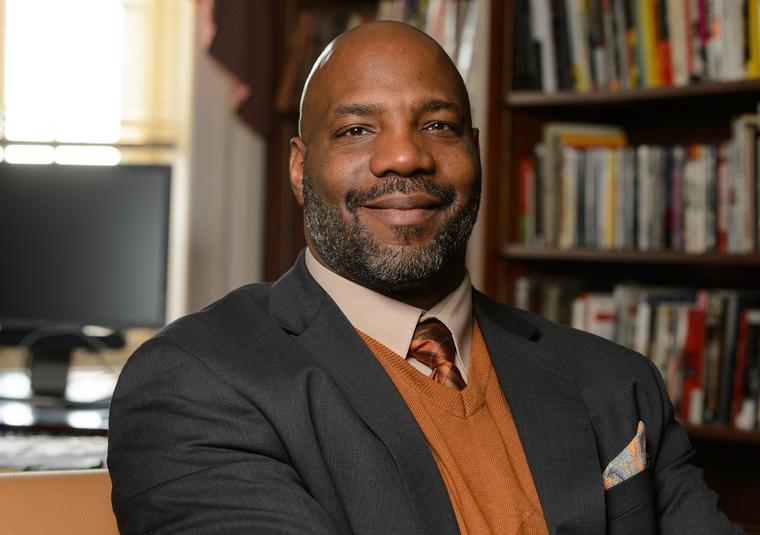Foley’s Juneteenth Program Brings Message of Education and Celebration

In honor of Juneteenth, Foley invited all firm members to attend a virtual program featuring Jelani Cobb, staff writer at The New Yorker, writing on race, history, justice, politics, and democracy. Dr. Cobb is a professor of journalism at Columbia University and incoming dean of its School of Journalism.
Cobb began the program by posing the question ‘What is Juneteenth?’ and providing two common responses. It’s a celebration marking the arrival of emancipation in Galveston, Texas, in June 1865, 2 ½ years after President Lincoln issued the Emancipation Proclamation. And, more broadly, it’s a celebration overall of emancipation and the demise of slavery in the United States. “Both answers are insufficient to grapple with the meaning and context of the holiday.”
He told attendees that one of the first things he wrote for The New Yorker was that the celebration of Juneteenth is in effect a counter to the celebration of Independence Day. “One of those holidays announces our country’s ideals, and the other recognizes how difficult it was for society to live up to them,” Cobb said.
The centerpiece of the program was a brief history lesson Cobb provided to help attendees gain a more nuanced understanding of the gray area between freedom and enslavement and the role of emancipation in American history.
It began with Dunmore’s Proclamation, which promised freedom to enslaved persons who fought for the British during the American Revolution, and colonists’ subsequent criticism of Britain’s transatlantic slave trade, which caused dissent among the framers of the Declaration of Independence. Cobb further explained that when northern states passed laws to abolish slavery, this did not have the effect of emancipating enslaved people. Instead, it led to the north’s economically driven sale of its slaves to the south.
The history lesson then moved into the Lincoln Presidency and Civil War. “Lincoln campaigned on an agenda to stop the spread of slavery, not abolish it, but it became clear that the Civil War would not end without the resolution of slavery,” Cobb said. Understanding that the Emancipation Proclamation had great strategic implications for the war, President Lincoln waited to issue it until the north had gained the upper hand in the war, and he crafted it to blunt incentives for slave states that had sided with the Union to join the Confederate side.
While the Emancipation Proclamation was signed into law in January 1963, “it would be 2 ½ more years before people who had spent their entire lives suffering under yoke of slavery were greeted with the knowledge that they were free,” Cobb said. Juneteenth marks the arrival of emancipation in Galveston, Texas, in June 1865, but the measures Texas employed to protect and extend slavery and evade emancipation are consistent with those of other slave states.
The Emancipation Proclamation created an interesting dynamic and explains how Juneteenth could come about, “to commemorate the determination and drive and persistence and tenacity of those people who lived and died to bring us closer to an actual democratic society.”
Emancipation is not something that enslaved people needed to celebrate, but we have to because emancipation marked a moral graduation for the United States, getting us closer to attaining our ideals professed in the Declaration of Independence. “I think the most fitting use for Juneteenth is to have a day of learning,” Cobb said, to grapple with the thorny history of this nation and learn ways we can continue to work toward a more equitable society.
Dr. Cobb is the recipient of the Hillman Prize for opinion and analysis journalism, as well as the Walter Bernstein Award from the Writer’s Guild of America for his investigative work on Policing the Police. He is the author of Substance of Hope: Barack Obama and the Paradox of Progress and To the Break of Dawn: A Freestyle on the Hip Hop Aesthetic.
Learn more about Diversity & Inclusion at Foley.
Author(s)

Alexis P. Robertson
Director of Diversity, Equity, & Inclusion
[email protected]